Tabletop gaming has become a mainstream hobby in the United States. According to Forbes, the tabletop games market is growing rapidly with many new games coming out every year and more people playing these games than ever before. With this growth comes an increase of problematic players who are often toxic bullies or narcissists. It can be difficult identifying narcissistic problems within a tabletop gaming community because they tend to dominate conversations, interrupt others, and make themselves the center of attention (Narcissism). They may also have a following who only validate them for their success which makes it hard for other players to feel like they’re being heard.
In this article, I will share some observations of the symptoms of a narcissistic player, brief ways to deal with this sort of player, and offer suggestions on how some players might be able to cope with such players. Tabletop gaming is supposed to be fun and it’s hard to enjoy yourself if you’re constantly dealing with toxic players with narcissist tendencies.
READ MORE: THE LINK BETWEEN CREATIVITY AND ANXIETY
What is a Narcissist?
NPD (narcissistic personality disorder) is a pervasive pattern of grandiosity, need for admiration, and a lack of empathy that begins by early adulthood and presents in various situations; according to the DSM-IV-TR (Diagnostic and Statistical Manual), to be diagnosed with NPD, symptoms must be present in multiple areas of the individual’s life and must cause clinically significant distress or impairment.
In a word, narcissism behavioral patterns exist on a scale where they may not pose any problem at all. However, for this article, we will discuss narcissism of a more severe level where it can contribute to a poor social gaming environment.
How Does Narcissism Exhibit Itself?
Narcissistic people are always looking for attention and admiration. The narcissist is obsessed with power; they want to be in charge of everything, and have little consideration for their peers’ feelings. Their actions are usually lacking in empathy and concern for others’ well-being.
If you observe closely, a narcissist may exhibit a strong sense of entitlement often coupled with feelings of arrogance, haughtiness, and self-centeredness. They feel that they should be able to do anything they want and get whatever they desire at any given time.
Narcissists are extremely invested in their personal image; they work hard to maintain artificial and shallow relationships with others to enhance their public image. In any given situation, they will attempt to use whatever means necessary to make themselves look good and rise above their peers; if they fail to do so, they may become highly agitated or even feel humiliated.
When a narcissist is insulted or threatened in some way, it has an immediate effect on them, as insults and confrontations threaten the narcissist’s sense of superiority and image. They deal with these threats by lashing out at others in an attempt to reestablish their position.
Quick Observations of Narcissism in the Tabletop Gaming Community
Do you notice certain players doing these things?
- Interrupt other players
- Speak over other players
- Try to get involved in every situation
- Talk about themselves excessively
In some cases, you may also find that a narcissist seem to have a certain following of people who want to make the narcissist feel good. It’s as though the narcissist has an entourage of “pleasers”.
I’ve heard the same stories over and over again. It seems like if you’re part of a narcissist’s story circle then you gain social currency, which means you get invited to more games or you can be more often cited as a credible source. A narcissist may say, “Well, this person was at that session and they agree with me.”
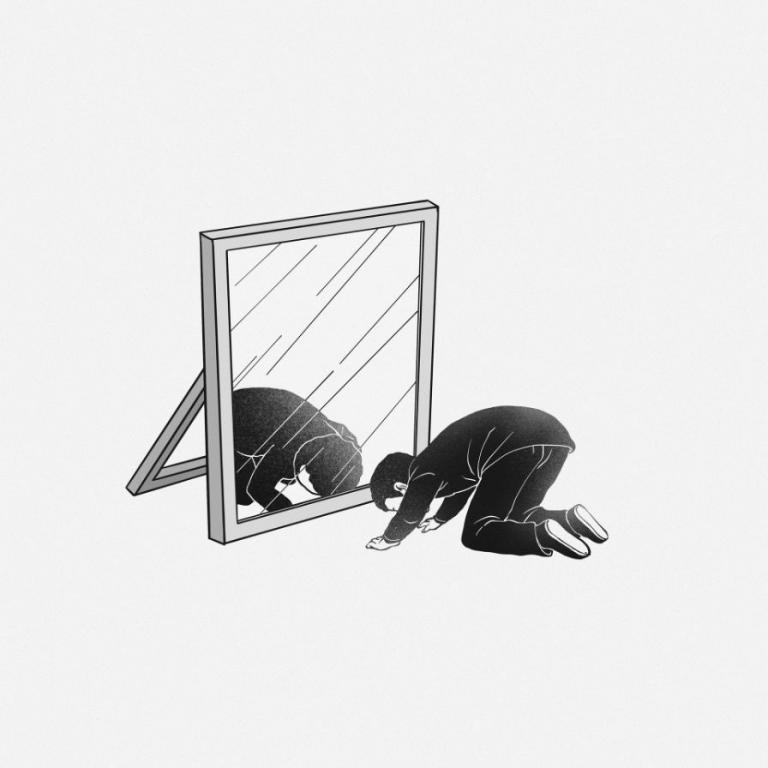
What to Do if You Encounter a Narcissist in the Tabletop Gaming Community
It’s important to remember that there are many different types of narcissists just as there are many different types of people in the gaming community.
You cannot let a narcissist ruin your fun in tabletop miniature gaming. The best way to deal with one is to ignore them and do not give them any power: minimize or stop communicating with them in any fashion, just like you would if someone were cyber-bullying you. Narcissists feed off of attention; the more you give them, the worse it gets.
If this person is in your gaming group or you are with them at an event, ignore everything they say. Leave if necessary – be prepared to pay the consequences for doing so, though. If you do not fight back against their behavior, they will realize they are getting no reaction out of you and eventually stop.
It’s also important to recognize that you cannot change a narcissist, nor should you attempt to do so. Like everyone else in the community, they are responsible for their own actions; that is why it can be difficult to hold them accountable (unless maybe if they’re misbehaving at an event).
If you do not get any reaction from the narcissist, they will quickly move on to a different target. It is important to understand that a narcissist does not want a real relationship with you — All a narcissist wants in an interaction is for them to feel good about themselves.
Conclusion
A narcissist is difficult to deal with in any setting, but it can be especially taxing if that person is in the tabletop gaming community. Remember that you are not alone – there are other rational gamers who have dealt with this behavior before.
If you feel as though you’re being affected by a gamer narcissist, seek out others within the table top gaming community for support. The best thing you can do is to ignore the narcissist, as their feelings of being the center of attention are dependent on your reaction.
I have to admit I don’t understand how people are drawn to this type of behavior; it seems like a lot of energy and time is put into admiring themselves. But if you do encounter someone who seems to be a narcissist, there are several steps you can take to minimize the negative impact on your gaming experience.
I hope this article has been helpful to you in identifying narcissists in your tabletop gaming community. Do you know any toxic bullies in your hobby gaming community? How do you deal with them? If you have any questions or comments for me about this article, ask away and I’ll reply as soon as I can.


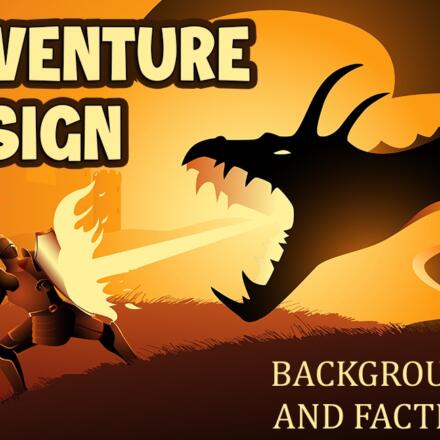
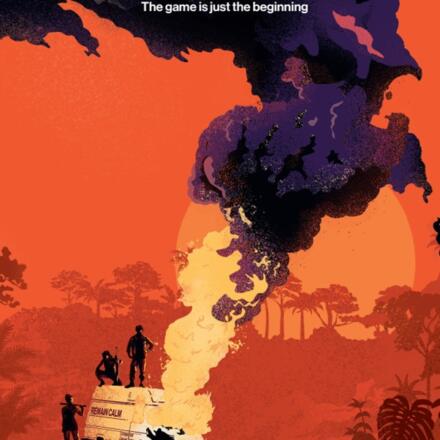
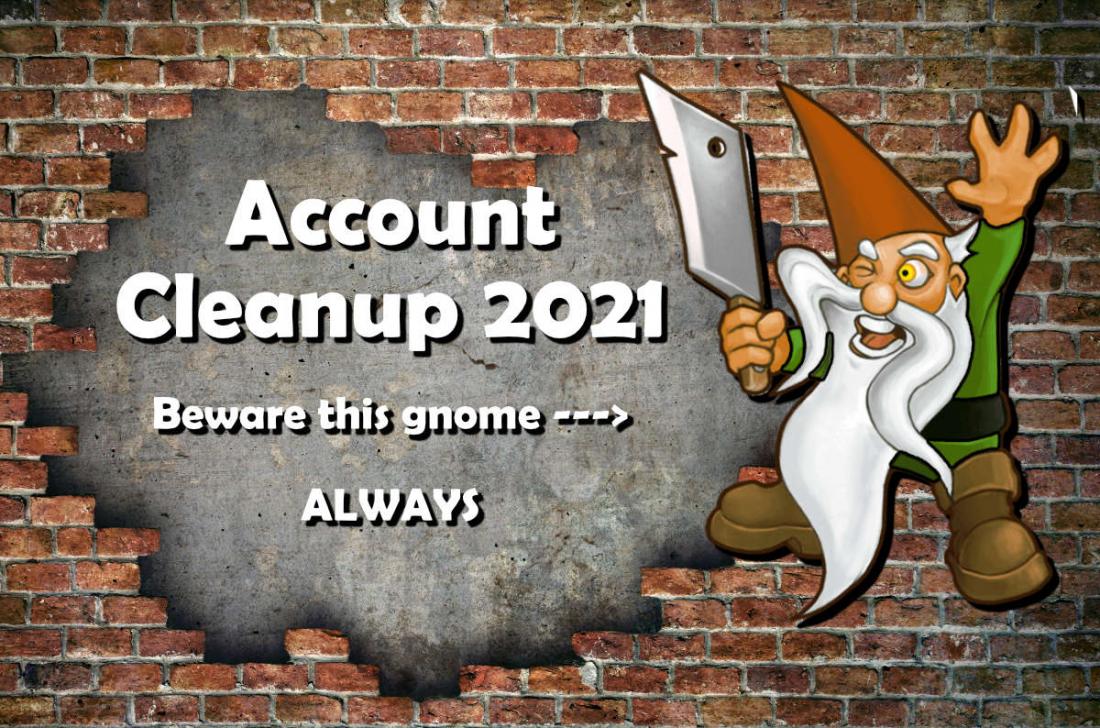
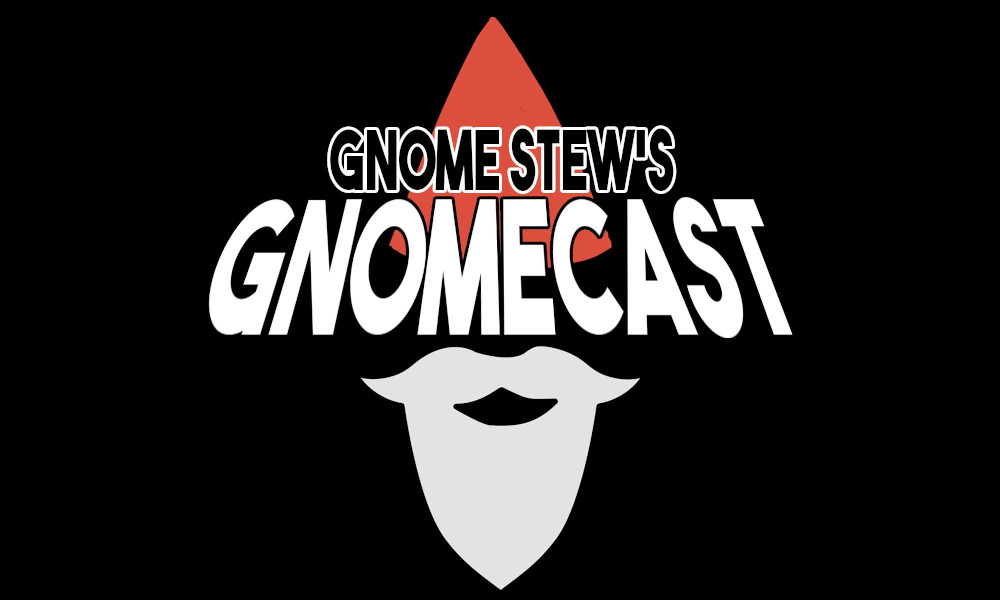
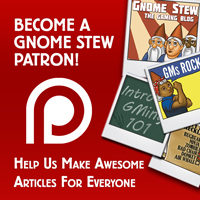










Thanks for an interesting article. A lot of people don’t understand the impact of narcissistic behavior on small group dynamics. I’ve seen it play out in workplace environments as part of a previous job in professional training. From that I recognize when comparable things unfold in friends groups and TTRPGs.
There’s one bit of your article I disagree with. It’s that the right way to deal with a narcissist is to ignore their behavior so they’ll give up. This is wishful thinking that’s very outdated now yet still remains popular because it’s so easy to apply (“Just ignore it and it will go away!”) . Narcissists, like bullies, do not need to see that they get a rise out of other people. When they do they enjoy it, of course. But it’s not necessary. They get enough satisfaction of just doing what they do– whether it’s picking on someone as a bully or hogging the spotlight in a TTRPG. If you wait for a TTRPG narcissist simply to get tired you’ll generally wait a long time– like, an entire session or multiple sessions. At that point, why even play the game?
Fortunately there are things you can do. As you point out it won’t change what kind of person they are– but it can at least put some guard rails around the negatives of their behavior.
The main technique I emphasize when there’s a narcissist in the group is turn taking. Yeah, that sounds so basic, but because it’s so basic we gamers often take it for granted. Narcissists do, too… except to them, it’s always their turn! When that happens, the group needs to become more active about turn taking. The GM needs to take a lead role here, pacing the action so s/he’s not just always responding to what the narcissist is saying but also polling the other players so they can participate, too.
The narcissist probably won’t like it; you’ll hear complaints like “This is so slow,” “We’re wasting time,” and, “Didn’t we already make a decision here?” The narcissist’s enablers may make these complaints, too. Rational players have got to recognize that this noise is the cost of making the game fairer to all. Ideally if anyone gets so frustrated they choose to leave the game, it’s the narcissist and not one of the rest of us.
Thanks for the comment! And, you’re right about the ignoring tip as a somewhat ineffective strategy, especially if you can’t actually “leave the scene”. Turn taking is also a good one, as it sets boundaries and rules on behavior, but it does rely on the GM/DM to enforce. Suffice it to say, this could drain the GM a bit and takes some of the steam out of the group. Hmm… indeed, the quality of the group dynamic depends on the makeup of the players. It only takes one bad apple to ruin the barrel, or some saying like that. Thanks again for sharing your thoughts!